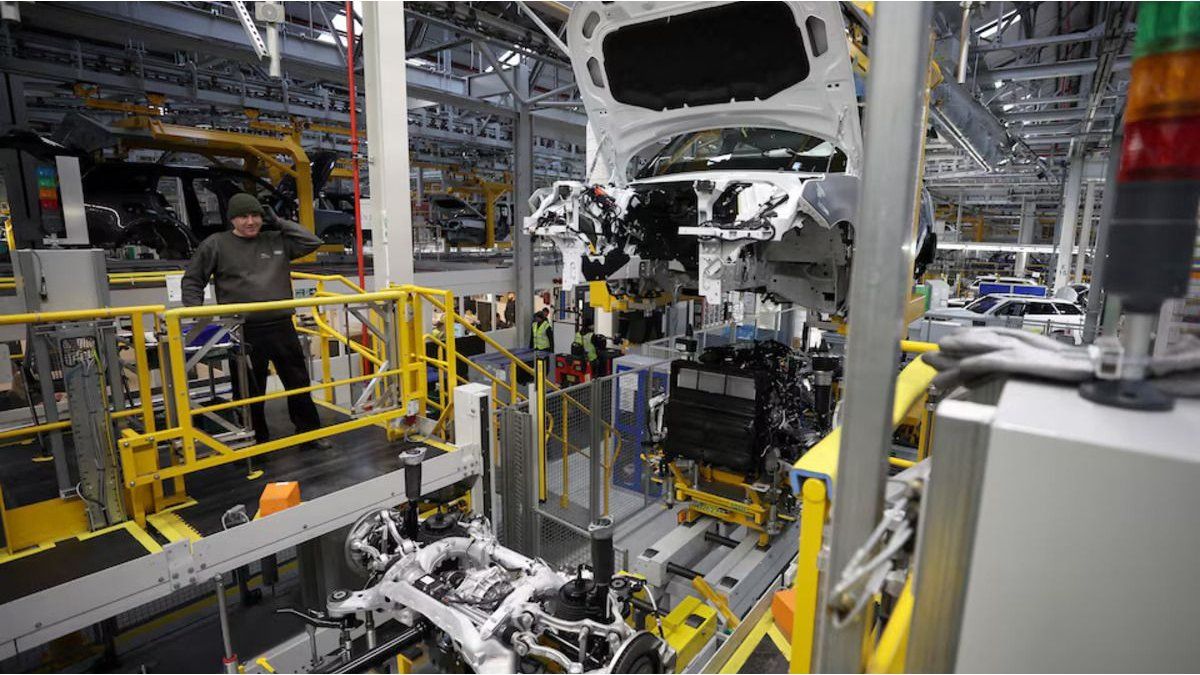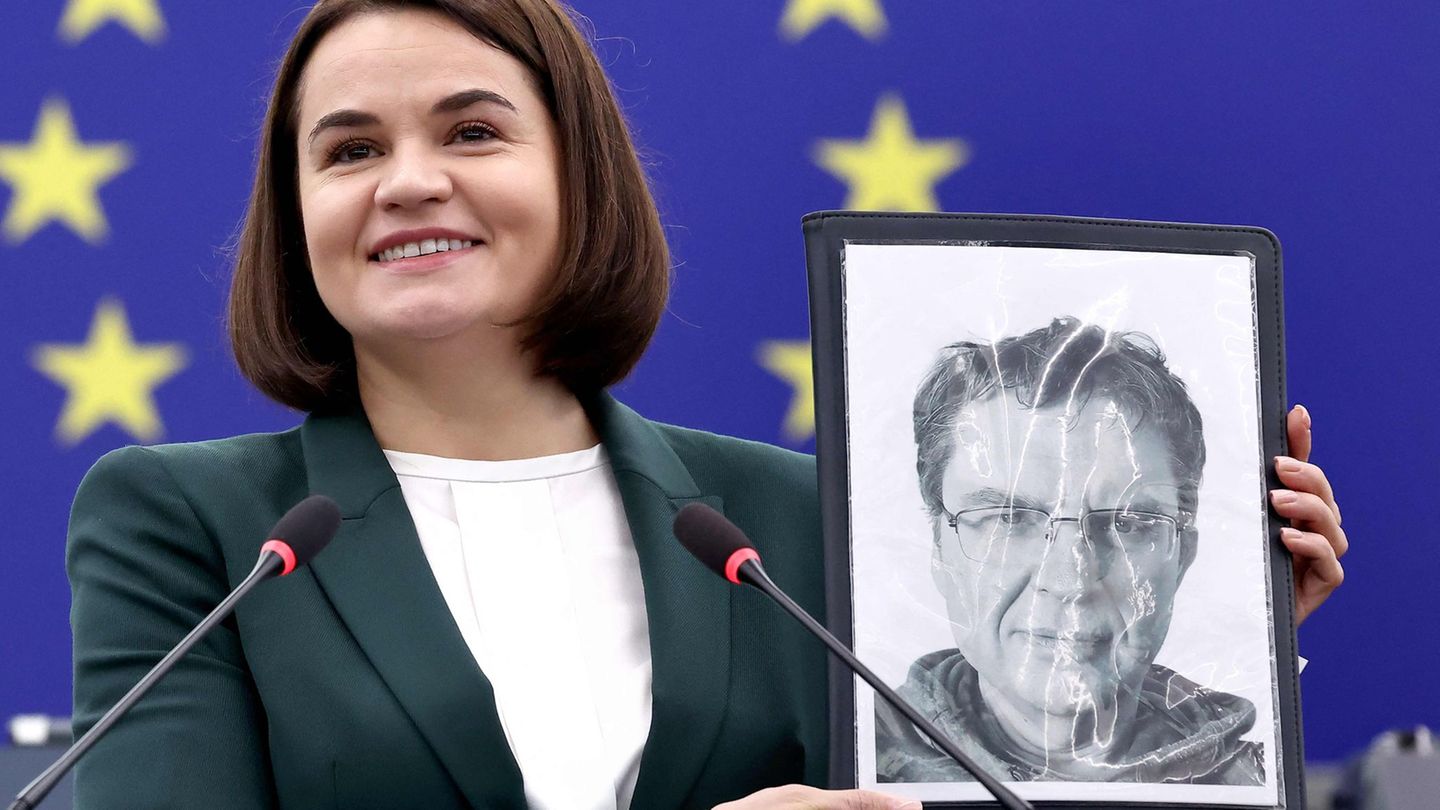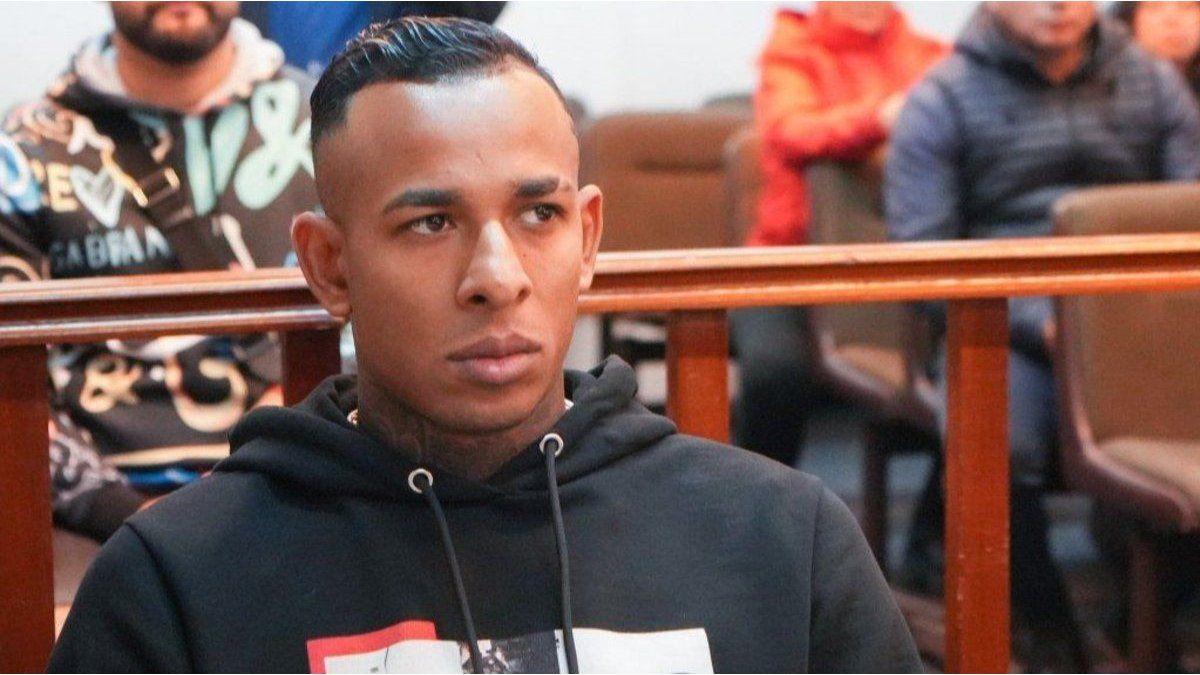More than a year ago, the last three German nuclear power plants were taken offline. The Union is demanding clarification of this historic step. A committee of inquiry is now beginning to investigate the matter.
Were the decisions on Germany’s nuclear phase-out above board? To examine this, a Bundestag committee of inquiry has begun its work. The task of the members is “to look into the state decision-making processes for adapting the national energy supply to the supply situation that has changed as a result of the war against Ukraine,” said Parliament President Bärbel Bas at the start of the committee’s first meeting in the evening.
It is important to clarify which information was used as a basis for the decisions and which national, foreign or international bodies were involved. “In particular, was the continued operation of nuclear power plants that are still running in 2022 really examined with an open mind?” According to Bas, the committee should address this question. It will examine German energy policy since February 24, 2022 – the beginning of the Russian war of aggression against Ukraine.
The Union faction had requested the committee of inquiry in mid-June, and the Bundestag gave the green light that afternoon with the votes of the Union and AfD. The support of a quarter of the MPs was enough for this.
Accusations against Habeck and Lemke
The investigation also focuses on Federal Environment Minister Steffi Lemke and Federal Economics Minister Robert Habeck (both Greens). The CDU/CSU accuse them of not having examined the continued operation of nuclear power plants in Germany in an “open-ended” and “impartial” manner.
“There is a strong suspicion that the public was deliberately deceived by ministers Habeck and Lemke, and we want to clear that up,” CDU politician Stefan Heck told the German Press Agency immediately before the meeting. He was elected chairman of the committee. Lemke and Habeck deny the accusations.
What led to the renewed debate about the nuclear phase-out
Because of the energy crisis resulting from the war, the federal government had decided to keep the last three reactors running for a few months longer than originally planned. The German nuclear phase-out was postponed from December 31, 2022 to April 15, 2023. The duration of the continued operation of the power plants and the decision to phase out nuclear power for good had caused heated debates and disputes in both the government and the opposition.
The Greens had long opposed any form of operating time extension, but finally supported the concept of a temporary operational reserve for two of the last three reactors presented by Habeck and the nuclear power plant operators in September 2022. The FDP had advocated a operating time extending beyond April 2023. In October 2022, Chancellor Olaf Scholz (SPD) then made a decisive statement that led to the continued operation of all three reactors until spring 2023 at the latest.
Was there an open-ended review of continued operation?
The Union’s doubts about unconditional decisions on continued operation are supported by a report published weeks ago by the magazine “Cicero”. According to this report, internal concerns about the nuclear phase-out, which was then still planned for the end of 2022, were suppressed in both the Ministry of Economic Affairs and the Ministry of the Environment in spring 2022. Both ministries deny this.
The Union’s motion to convene the committee of inquiry states that on February 27, 2022, Habeck promised an open-ended review of the possible continued operation of the nuclear power plants. On March 1 of the same year, he announced an audit in which there would be “no taboos.” Only a short time later, on March 7, 2022, Habeck’s and Lemke’s ministries published a joint “audit note” in which they rejected continued operation, among other things for safety reasons.
It cannot be ruled out “that technical expertise had to give way to political and party-political guidelines,” the motion states. Therefore, it should be clarified in particular whether the tests of an extension of the operating period promised by Habeck have taken place and whether “critical voices have been systematically suppressed,” said CSU Bundestag member and energy politician Andreas Lenz.
Lemke is not worried
Environment Minister Lemke told the dpa that she was “very relaxed” about the committee. “It is the opposition’s right to set up committees of inquiry,” she stressed. Her department had “answered all questions from parliament and the public transparently from the start.” The facts are on the table, said Lemke.
After a hearing in April, Habeck had assured: “Security of supply was my absolute priority, and the whole House worked without any taboos, but of course always on the basis of facts, data and also legal norms.”
Investigative committees “the opposition’s sharpest sword”
The committee on nuclear phase-out is the second investigative committee in the current legislative period, alongside the committee on the withdrawal of troops from Afghanistan. Investigative committees are considered the “sharpest sword of the opposition”. In order to set them up, at least a quarter of all members of the Bundestag must agree. With 195 of 733 MPs, the Union faction would have met the requirement even without the support of the AfD.
Committee chairman Heck assumes that the first witnesses in the new body will probably be questioned in September after the parliamentary summer recess. The Minister for the Environment and the Minister for Economic Affairs will also have to answer questions as witnesses to the committee.
Source: Stern
I have been working in the news industry for over 6 years, first as a reporter and now as an editor. I have covered politics extensively, and my work has appeared in major newspapers and online news outlets around the world. In addition to my writing, I also contribute regularly to 24 Hours World.




